Together, the projects elude categorization, unbounded by the constraints of time and space. But a common thread connects them all: Each one embodies the highest levels of academic rigor, and relies upon the clever use of the UC Berkeley Library and its collections and resources. The Charlene Conrad Liebau Library Prize-winning papers of 2022 cover the themes of identity, tradition, and power, and focus on topics ranging from the careful manipulation of tales in a centuries-old Vietnamese anthology to a recent missing persons case in the United States.
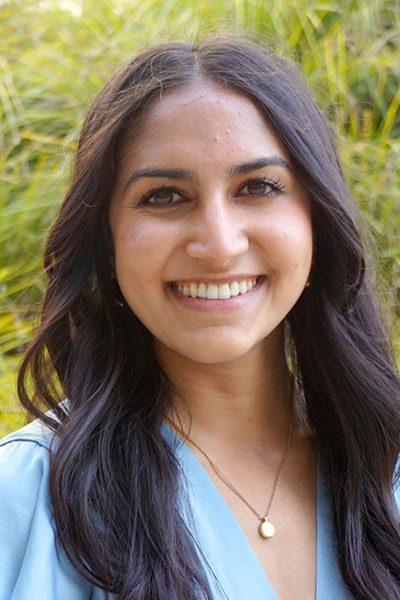 Ria Sood
Ria Sood
Lower Division winner
In recent decades, obesity rates in America have soared. But how did we get here? In her paper, “Sugarcoating the Truth: The Sugar Association’s Impact on Obesity,” Ria Sood shines light on some overarching factors at play, namely the profit-seeking strategies, misleading messages, and outsize influence of an enormously powerful sugar industry, and the meteoric rise of high fructose corn syrup.
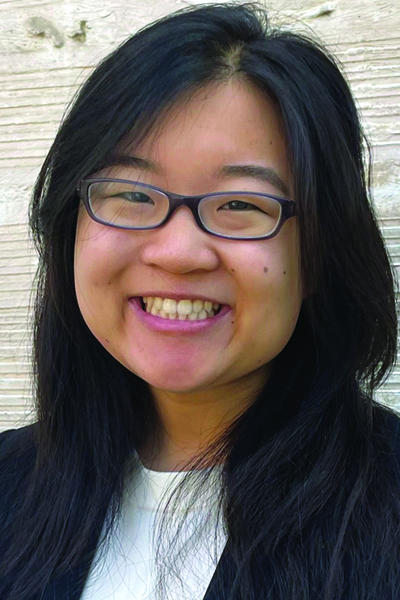 Lark Chang-Yeh
Lark Chang-Yeh
Lower Division winner
In 2021, the case of missing 22-year-old Gabby Petito became a fixation of the media, capturing the attention of true-crime enthusiasts and casual observers alike. Lark Chang-Yeh’s project, “Missing White Woman Syndrome: A Historical and Sociological Look Into the Case of Gabby Petito,” examines the forces that amplify and elevate the stories of white women victims, while victims from underrepresented communities often go ignored.
B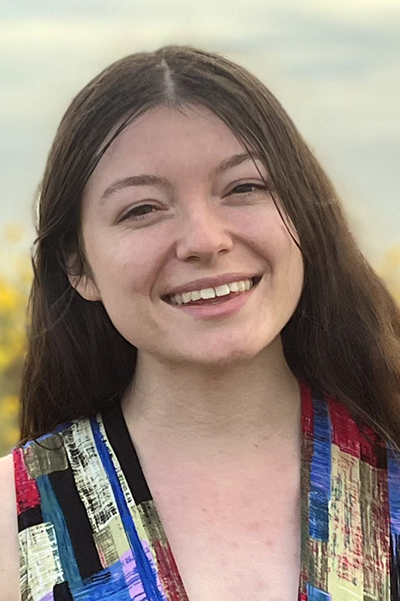 oyce Buchanan
oyce Buchanan
Upper Division winner
In Chile, elites have painted members of the dispossessed Mapuche ethnic community as a threat to the state. Boyce Buchanan’s project, “Lost Lands and Targeted Policy: Reaction to Mapuche Activism in Twenty-First Century Chile,” explores how neoliberal policy and anti-terrorism legislation have targeted Mapuche activists, whose struggle to reclaim their land and assert their autonomy persists despite the obstacles.
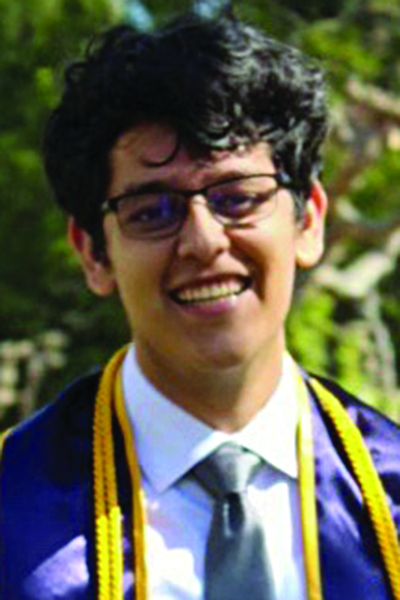 Jesus Duarte
Jesus Duarte
Upper Division winner
Can you tell if someone is queer by the sound of their voice? For “Sociophonetic Differences in Queer Speech of Spanish Speakers,” Jesus Duarte set up two experiments to inspect the interplay between speech and sexuality. Given that much of the existing knowledge on the topic focuses on English speakers, Duarte’s project helps fill a gap, and suggests that while the voice is a significant clue in perceiving someone as gay or lesbian, it’s not the most pertinent factor.
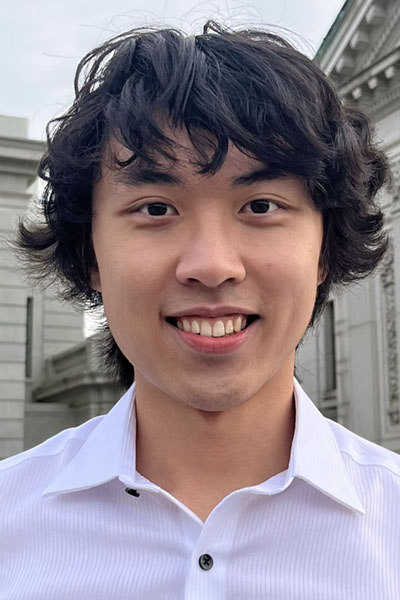 Jenkin Leung
Jenkin Leung
Upper Division winner
“How can something seem Chinese when it is not Chinese?” This question is examined throughout Jenkin Leung’s project, “Beyond the Chinese Façade: A Preliminary Study of Three Sino-Vietnamese Legends from Lĩnh Nam Chích Quái 嶺南摭怪 (Wonders Selected from South of the Passes).” In analyzing tales from a Vietnamese anthology, Leung explores how Vietnamese scholars in the 15th century constructed a “Chinese facade” for stories originating in Southeast Asia to align with the pervasive philosophy of Neo-Confucianism, and to elevate the stories’ literary status.
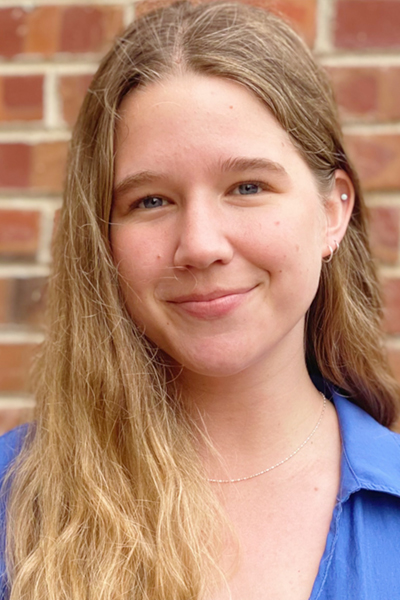 Annabelle Long
Annabelle Long
Upper Division winner
When Marguerite Dice is mentioned in history books at all, she’s often noted as the hostess of the inaugural meeting of the far-right John Birch Society, in 1958. In “A Biography of Marguerite Dice: Daughter of Republicanism, Mother of Conservatism” — the first biography written about Dice — Annabelle Long casts new light on the anti-communist efforts of the time and challenges perceptions about women in the conservative movement.
Honorable mention
Annie Ren
Upper Division
“Flowers Plucked From Berkeley: A Japanese American Nursery During the 1940s”